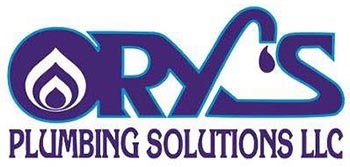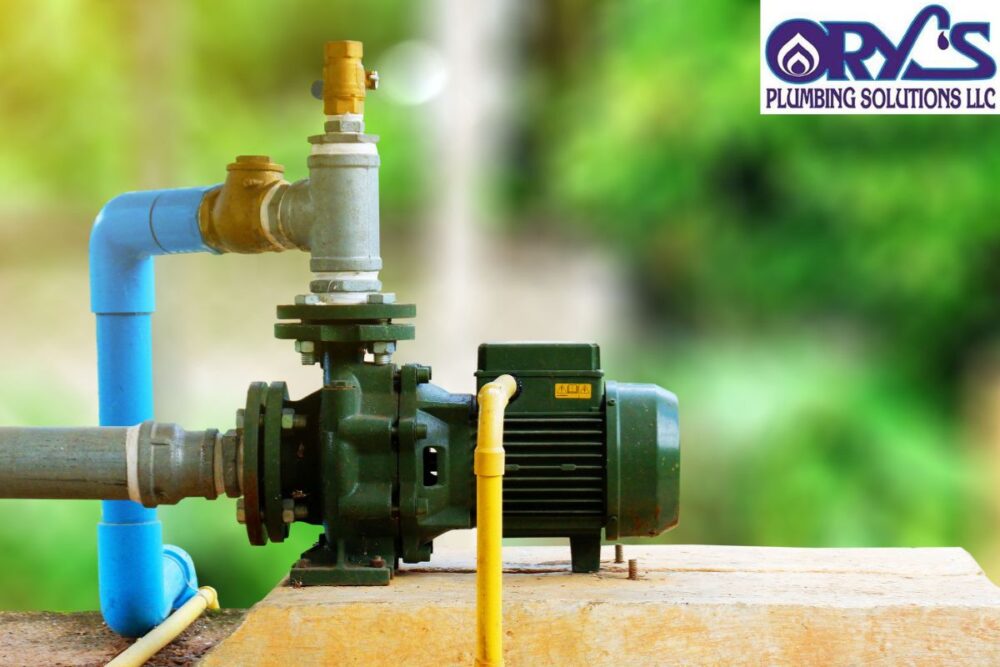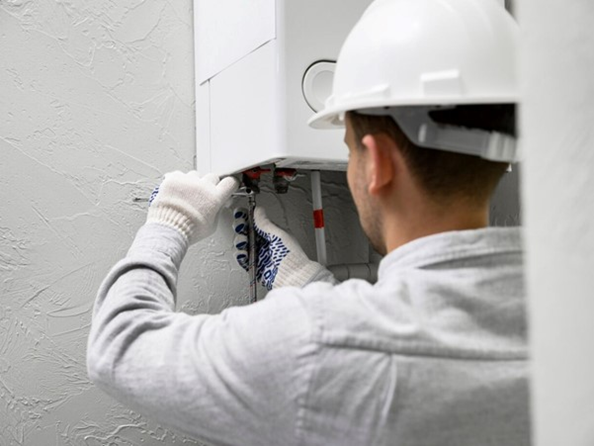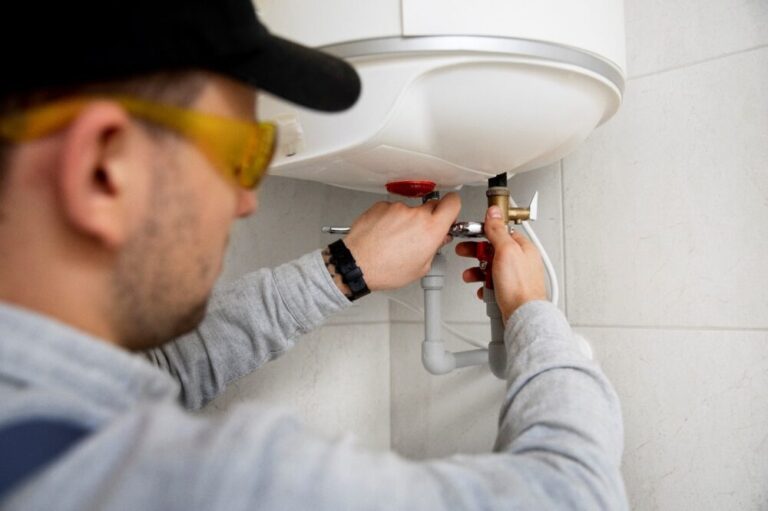Five (5) Causes of Water Pump Failure
Key Takeaways
- The top five causes of water pump failure are seal/gasket leaks, bearing problems, impeller damage, corrosion/contamination, and poor installation or maintenance
- Seal or gasket failure leads to coolant leaks, reducing pump efficiency and causing potential system damage.
- Worn bearings cause noise and pump seizure, often indicated by whining or grinding sounds.
- Impeller damage from rust, dirt, or broken blades reduces water flow, causing overheating risk.
- Corrosion and contaminated coolant deteriorate pump parts, accelerating failure; use proper coolant and avoid tap water.
- Incorrect installation or lack of regular maintenance can lead to premature pump failure; follow manufacturer guidelines closely.
- Prevent pump failure by regular inspection, using correct coolant, fixing leaks early, and seeking professional help when needed.
A water pump is an important part of many machines like cars, air conditioners, and even in homes. Its job is to move water or coolant to keep engines and machines cool so they don’t overheat. When a water pump stops working properly, serious problems can happen, like engine damage or machine breakdowns. That’s why it’s helpful to know the five main causes of water pump failure. Understanding these causes can help you fix small issues early and avoid expensive repairs.
Seal or Gasket Failure
The water pump has seals and gaskets that stop water or coolant from leaking out. These parts act like little doors that keep the liquid inside the pump. Over time, seals and gaskets can get old, crack, or wear out. When that happens, coolant starts leaking. If you see puddles of water or coolant under your car or machine, it might be because of a bad seal. Leaks can make the pump work less efficiently or even cause it to stop working. Fixing or replacing seals quickly can stop bigger problems.
Bearing Problems
Inside the water pump, there are bearings. Bearings help the pump’s parts spin smoothly and quietly. When bearings wear out or get dry without enough lubrication, they make strange sounds like whining or grinding. These sounds mean the bearings are damaged. If the pump bearings fail, the pump can stop spinning, which causes the whole pump to fail. Regular checkups can find bearing problems early, so the pump keeps working properly.
Impeller Damage or Wear
The impeller is a small fan inside the water pump. It pushes the water or coolant through the system. If the impeller gets rusty, dirty, or a blade breaks, it won’t move water well. This makes the cooling system weak and can cause engines or machines to overheat. Overheating can cause serious damage if not fixed. Keeping coolant clean and checking the pump can prevent impeller damage.
Corrosion and Contamination
Using the wrong kind of coolant or old, dirty coolant can cause corrosion inside the water pump. Corrosion is like rust that slowly eats away metal parts inside the pump. Sometimes, people use tap water or mix different coolants, which creates deposits and dirt inside the pump. These problems make the pump weaker and cause leaks or total failure. Always use the right coolant and change it as the manufacturer says to keep your pump healthy.
Installation or Maintenance Errors
Sometimes water pumps fail because they weren’t installed right or because they were not taken care of. Putting the pump in wrong, tightening belts too much, or not using the right parts can cause early failure. Also, if the pump runs without enough lubrication or if it goes a long time without maintenance, it can wear out quickly. Following instructions when installing or fixing a pump and doing regular checks can keep it working longer.
How to Prevent Water Pump Failure
To keep your water pump healthy, follow these simple tips:
- Check for leaks or strange noises often.
- Use the correct type of coolant and change it when your manual says.
- Don’t wait to fix small leaks or strange sounds.
- Have a professional look at your pump if you’re unsure about problems.
- Don’t skip maintenance or repairs to avoid bigger pump failures.
Conclusion
Knowing the five main causes of water pump failure helps you catch problems early. Seal leaks, bad bearings, broken impellers, corrosion, and poor installation are the top reasons pumps stop working. Taking care of your pump by regular checks and using the right parts can prevent big headaches and costly fixes. If you notice any signs of trouble, getting help sooner keeps your water pump—and everything it cools—working properly for a long time.



